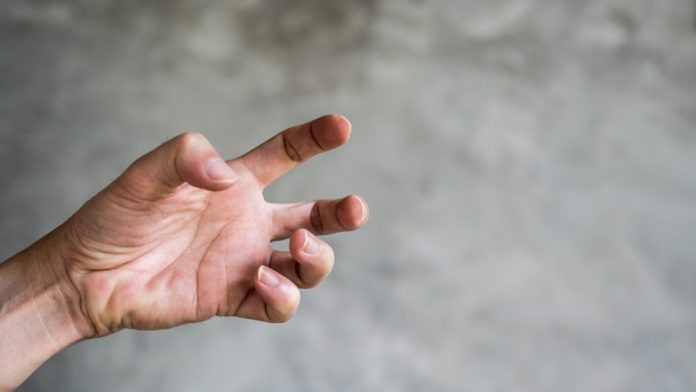
A research team in Korea have made significant steps towards finding a cure for dystonia, offering hope to thousands of musicians.
Musicians’ dystonia affects 1-3% of musicians worldwide and musicians account for approximately 5% of all dystonia patients. Musicians who are no longer able to perform and practice music due to dystonia often experience mental health issues such as stress and depression. These have even led to suicide in some extreme cases.
It is understood that musicians are particularly prone to diseases like dystonia due to excessive practice regimens and perfectionism, as well as genetic factors.
Researchers from the Korea Advanced Institute of Science & Technology (KAIST), led by Professor Daesoo Kim, recently presented findings on a new treatment for the condition at the Conference for Musicians with Dystonia, which was supported by the World Health Organization (WHO) and renowned pianist João Carlos Martins, who is a dystonia patient.
Martins was forced to end his career as a pianist due to focal dystonia in his fingers. However, on November 19, 2022, a “miracle concert” was held in Carnegie Hall where Martins was able to perform again at the age of 82. In 2020, Martins began using a bionic glove developed by industrial designer Ubiratã Bizarro Costa.
Existing treatments for dystonia
Botulinum toxin (Botox) is currently used to suppress the abnormal muscle functions that cause the condition. However, suppressing muscle function ultimately means that musicians will no longer be able to play their instruments. Martins underwent several Botox procedures and three brain surgeries but saw no positive therapeutic results. This caused researchers to develop new treatment methods.
Professor Kim’s research team found that abnormal muscle tension is caused by excessive stress. The researchers developed NT-1, a treatment that can block the development of the symptoms of dystonia from the brain, enabling patients to use their muscles in a normal way.
During the WHO conference Dr Dévora Kestel, Director of the Mental Health and Substance Use at WHO, said, “although dystonia is not as well-known, it is a common disease around the world, and needs our society’s attention and the devotion of many researchers.”
“NT-1 is a drug that blocks the cause of dystonia in the brain and will allow musicians to continue practising music. We aim to attain clinical approval in Korea by 2024,” added Professor Kim.
NT-1 is currently undergoing clinical trials
The NT-1 treatment is currently being developed by NeuroTobe, a faculty-led start-up company at KAIST, where Professor Kim is acting as CEO. The synthesis of the drug for clinical testing has been completed successfully and has shown good efficacy and safety throughout several rounds of animal testing.
NT-1 shows its therapeutic effects within an hour after taking it, unlike Botox, which can take several days to demonstrate its therapeutic effects after receiving the procedure from a hospital. Nt-1 has been described as an “edible Botox” and is expected to help treat various muscular diseases and ailments.
The team have published their full findings in the journal Science Advances in 2021.










